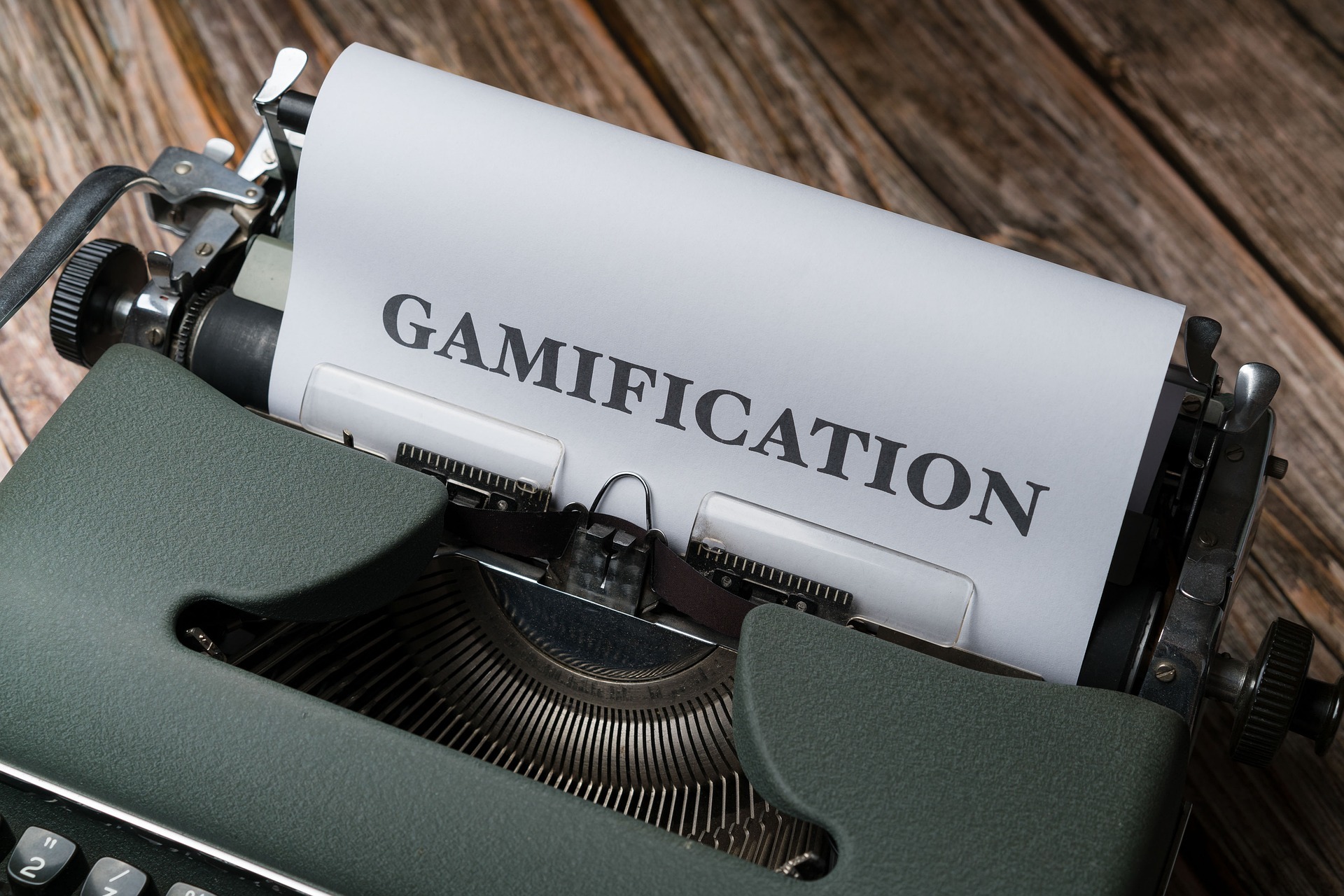
27 Nov Gamification in Recruitment
In today’s highly competitive job market, it’s important to look for innovative solutions to attract and select the best talent. Among the emerging strategies, gamification has proven to be one of the most effective in transforming traditional recruitment processes into dynamic and engaging experiences.
But what exactly is gamification, and why is it relevant to recruitment?
Gamification involves using game elements and mechanics in non-gaming contexts, such as work, training, and recruitment processes indeed. In fact, this methodology is used to evaluate technical skills, soft skills, and behavioural traits interactively and practically.
Using gamification helps reaching two main goals:
- Enhance the candidate experience, making the recruitment process more stimulating and memorable.
- Provide more accurate evaluations, observing candidates’ behaviours in scenarios that simulate real-world challenges.
In order to reach such goals, gamification can be integrated into different stages of the hiring process, such as:
- Initial Screening
- Interactive quizzes and psychometric games: To assess cognitive abilities, logic, and problem-solving skills.
- Problem-solving challenges: To measure creativity, decision-making speed, and role-specific competencies.
- Soft Skills Evaluation
- Immersive simulations: For instance, managing a virtual team or resolving workplace conflicts in a simulated environment.
- Virtual escape rooms: Designed to evaluate collaboration, critical thinking, and the ability to perform under pressure.
- Final Stages and Interviews
- Realistic business scenarios: Candidates may be tasked with solving a business case or participating in a role-play related to the industry.
- Gamified interviews: Incorporating interactive games to break the ice and observe authentic reactions in real time.
Which are the Benefits of implementing Gamification throughout the Recruitment process?
- Candidate Engagement and Talent Attraction
Gamification is particularly effective in attracting Gen Z and Millennials, who value interactive and digitalized experiences. Also, it enhances employer branding by showcasing the company as modern and innovative. - More Objective Evaluations
Games allow recruiters to observe candidates in action, reducing the risk of unconscious biases common in assessments based solely on resumes and interviews. - Cost and Time Efficiency
By automating parts of the selection process, gamification can shorten the time-to-hire and lower operational costs while maintaining high-quality results. However, gamification itself does not do the job for you: it is always necessary to have a Recruitment partner who is able to manage the gamified hiring process. - Positive Candidate Experience
Even unsuccessful candidates leave the process with a positive experience, increasing the likelihood that they will speak favourably about the company and remain interested in future opportunities.
Gamification is not just a trend; it’s a powerful tool for enhancing the effectiveness and appeal of recruitment processes. Have you already experienced the positive results of embracing gamification in recruitment combining HR expertise, fun, technology, and tangible results?
Gaia Urati

